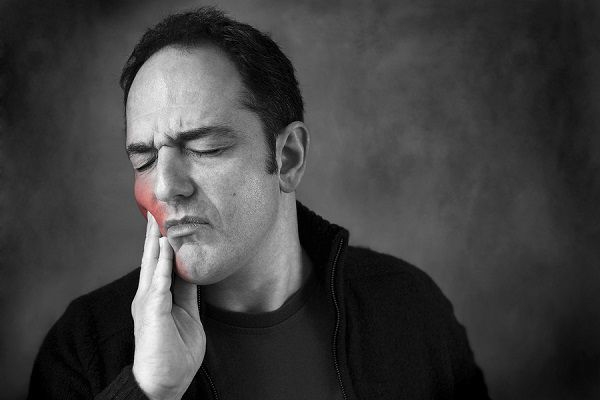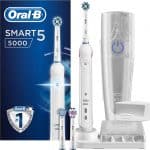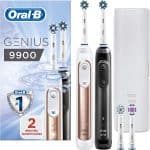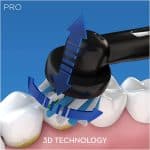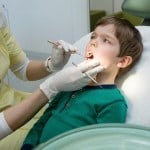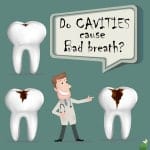Table of Contents
If you have ever gone through severe pains and lack of sleep due to a toothache, you really wouldn’t like to encounter the horrible feeling again. If you have not yet undergone this pain, it is also likely that at one time it will come to catch up with you.
This is very much possible because there are many causes of a toothache, apart from practicing poor oral health.
Whichever the case, you need to arm yourself with the following information on the different types of tooth pain and simple remedies to them before the pain catches with you.
Throbbing Tooth Pain After Filling?
It is very common to have throbbing tooth pain after filling. Under normal conditions, the pain lasts for a few days or weeks- 1 to 2 weeks. The pain is characterized by:
- Increased sensitivity of the treated tooth when exposed to hot or cold temperatures, pressure, sweets or air flow.
What to do: if you are suffering from this condition, there are several things you can do to ease the pain as you give your tooth time to settle.
These things include:
- Avoiding exposure of your teeth to the above-named stimulants
- Taking over the counter pain relievers.
If the pain does not subside at the end of the second week however, it’s highly advisable to revisit your dentist. This is because there might be a problem with the filling or the tooth itself.
Throbbing Tooth Pain At Night?
This is probably the worst pain for you; bedtime toothache which distracts your sleep! There are several reasons behind this type of a toothache such as:
- Cavities
- Periodontal diseases
- Root infection
- Clenching your teeth or jaws in the wrong positions when sleeping (causing temporomandibular joint disorders).
What to do:
- The right way to deal with this pain is to visit a dentist who will examine you and identify the cause of the pain. For periodontal disease, root infections or cavities, the dentist will give you the right treatments.
- For TJM joint disorders, you might be given an oral appliance to help hold your jaws in the right position when sleeping or throughout the day.
Throbbing Tooth Pain After Crown?
If you planning to have some crowns placed on your tooth, you should also be prepared to deal with the pain that results after the exercise. The pain is usually caused by:
- Increased sensitivity of the treated tooth
- Applying a lot of pressure on the teeth (i.e. clenching.
What to do: To treat this pain:
- Try taking over the counter pain relievers
- Avoid clenching your teeth
- Avoid exposing your treated tooth to the stimulus such as airflow, sweet, hot or cold temperatures and so on.
Throbbing Tooth Pain After Tooth Extraction?
After having your teeth removed by a professional dentist, you might also experience some throbbing toothache possibly due to:
- Infections- these occur when the dentist fails to disinfect you properly when performing the procedure. The infection might cause severe pains and even health compilations.
- If you are having a tooth in your lower jaw removed and the alveolar nerve is accidentally damaged, you might also experience some pain on the jaw or the adjacent teeth. The good news, however, is that the nerve heals in a few weeks or a month depending on the level of damage caused.
- Damages caused to adjacent teeth or jaw during the procedure may also results into chronic pain
What to do:
- Using over the counter analgesics is just enough to relieve the pain (ibuprofen and acetaminophen are the best choice).
While still at it, avoid taking all aspirin based drugs as they may lead to increased bleeding.
Throbbing Tooth Pain After Root Canal?
After undergoing a root canal treatment, you’ll experience some throbbing pain in your mouth. Some major causes of this type of pain are:
- Failure to clean the root canal properly during the procedure by your dentist leaves the affected tissue inside the tooth which then results into the throbbing pain).
- Perforation of your tooth during treatment, allowing bacteria to enter. This cause is very much possible if the root of the affected tooth is curved.
- Failure to seal or fill the root canal completely.
- The instrument used to perform the procedure, usually the root canal file, gets broken inside the canal.
What to do: So, how do you get rid of this type of pain?
Some simple treatments involves:
- Taking over the counter pain relievers, especially the anti-inflammatory medicine such as Ibuprofen, and antibiotics
- If root canal failure is the cause of the pain, then you retreatment exercise should be performed on your tooth.
- If all the above treatments do not end your root canal pain, the last options should be the extraction of the tooth.
Conclusion
Now that you it: the different types of tooth pain, their major causes and how to deal with them. With this information in mind, wouldn’t it be possible for you to deal with the severe pain when it shows up?

